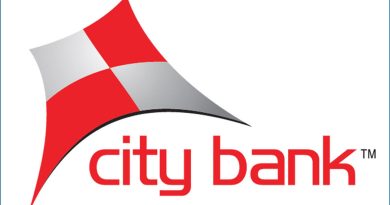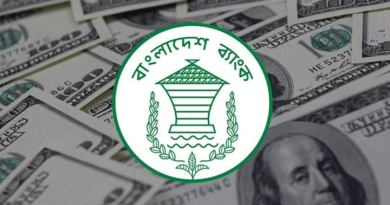The National Board of Revenue (NBR) has imposed a 2.0 percent advance income tax (AIT) on more than 150 imported goods, spanning essential commodities and capital‐goods inputs. The levy, introduced under the Tax-Deduction-at-Source Rules 2025, is expected to raise import costs for manufacturers and could ripple through supply chains.
Scope of the New AIT
The 2 percent AIT applies to nearly 200 Harmonized System (HS) codes, including raw materials and machinery spares for key sectors such as readymade garments and textiles. Major categories now subject to advance tax include:
- Agricultural commodities: cotton, wheat, maize, rice, soybeans, sunflower and mustard seeds, linseed
- Foodstuffs: flour, sugar
- Energy products: jet fuel, kerosene, diesel, furnace oil, LPG, natural gas, petroleum bitumen
- Industrial inputs: iron oxides, zinc sulphate, bulbs and tubers
Government Position
An NBR official notes that the adjustable AIT will broaden the revenue base without ultimately raising retail prices. Under existing rules, importers can offset the 2 percent AIT against their final income‐tax liability; unadjusted balances would serve as a minimum tax. The new slab expands on earlier tiers of 5 percent, 3 percent, 1 percent and zero‐rated advance taxes.
Industry Concerns
Business leaders warn the upfront tax could inflate operating costs and disrupt pricing:
- BTMA’s objection
Showkat Aziz Russell, president of Bangladesh Textile Mills Association, labeled the move “ridiculous” and criticised the lack of stakeholder consultation. He argues processing sector exemptions on raw materials will be undermined by the 2 percent levy, driving up input costs and complicating year‐end adjustments. - Impact on domestic mills
Saleudh Zaman Khan Jitu of ANZ Group highlights that zero‐duty cotton imports will effectively carry a 2 percent cost burden. He warns local yarn prices could lose competitiveness to cheaper Indian imports, threatening backward linkage in the RMG sector. - Broader manufacturing worry
Economists caution that if importers cannot fully adjust advance taxes, the AIT will act as a de facto sales tax—raising production costs across multiple industries.
Calls for Revision and Next Steps
Trade bodies plan to petition the Finance Minister and meet the NBR chairman to seek relief for raw‐material importers. They urge the authorities to:
- Simplify and guarantee AIT adjustment procedures
- Exempt critical inputs—like cotton—from advance levy
- Engage stakeholders before rolling out fiscal measures
Meanwhile, policy analysts stress accurate accounting practices to ensure seamless tax offsets and prevent unintended cost hikes for end consumers.






